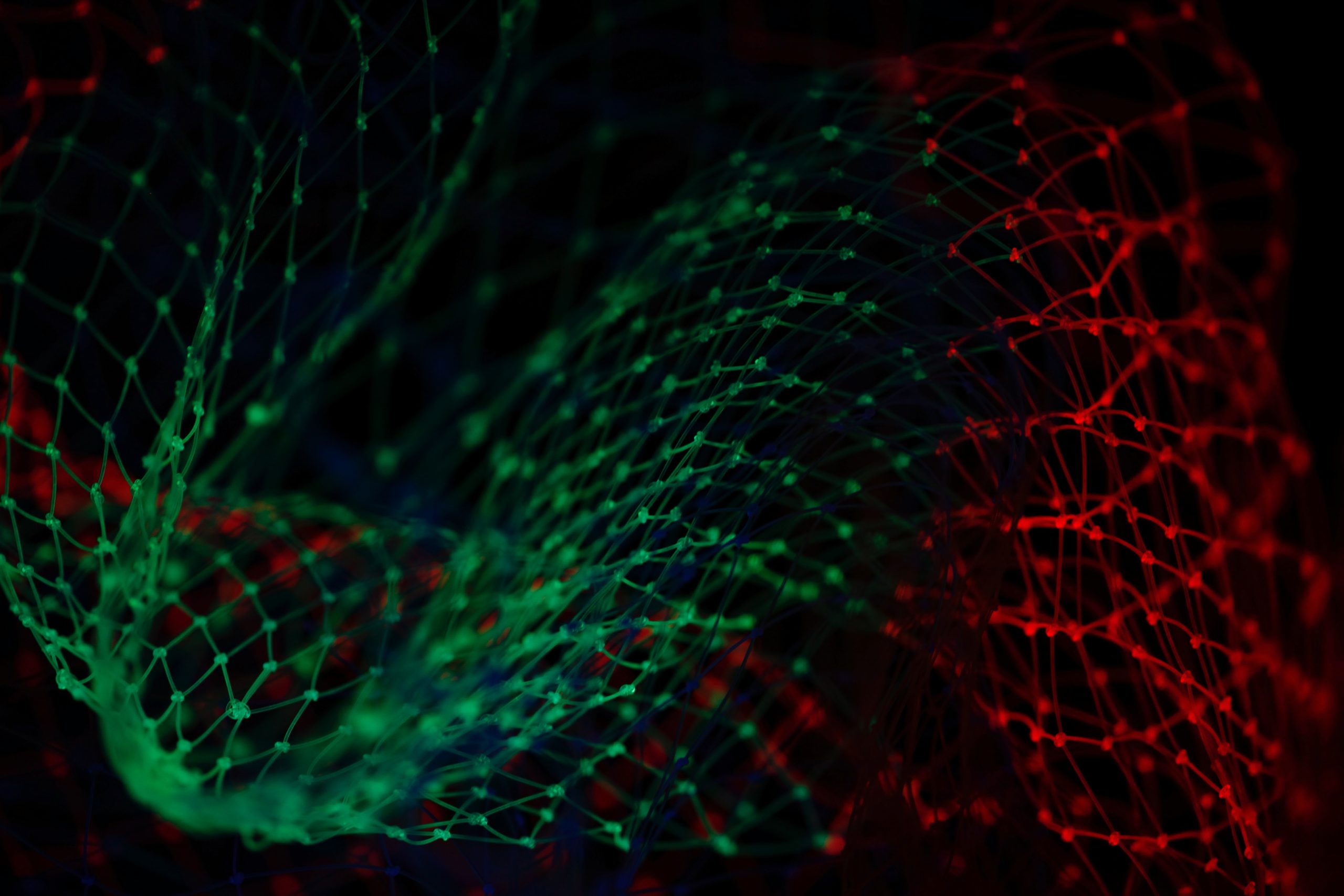
An Unrealized Revolution: Artificial Intelligence in the Chemical Industry
Due to the Covid–19 epidemic, which dominates today and has not yet gained complete immunity, many sectors have suffered from different aspects. Each industry, which suffered from this situation for various reasons, changed and transformed itself. The most affected sector in this area was the chemical industry. However, this effect was more favorable compared to other industries. The start of vaccine studies to gain community immunity due to the Covid–19 epidemic opened the door to a different orientation in the chemistry industry. As a result, many vaccine studies developed against the epidemic began to be on the agenda. With the introduction of mask and distance rules into our lives, it has become mandatory to make vaccinations for immunity.
From this point of view, many vaccines produced have saved many lives and have become a saving method in providing community immunity. In this case, it led to a high acceleration in the chemistry industry. In today’s world, where digital transformation is experienced, how this field can be used in the chemistry industry has been discussed.

For this reason, an integrated chemical research system, introduced by IBM (the world’s largest information technology company in the USA), offers an idea of how technologies such as artificial intelligence, cloud, etc., will affect drug discovery.
This new system they offer aims to use artificial intelligence and cloud computing together with deep learning paths to automate the whole process and provide convenience to chemists without requiring physical effort in a research laboratory. This approach will pave the way for future drug and chemical research tools and enable us to be more cautious about such problems to be encountered in the future.
From this point of view, if we need to look at the opportunities that artificial intelligence can provide to this sector;
Artificial intelligence has now become an integral part of our lives in today’s world. It has had the opportunity to take part in our lives with countless applications in fields such as foreign language translations, medical diagnosis opportunities, electronic patient registration opportunities, etc. At this point, significant efforts have been made to effectively apply artificial intelligence, also known as machine learning, in chemical research. It is already being used to predict the properties of individual molecules, allowing researchers to choose the compound to manufacture.

Finding the right and efficient routes takes excellent effort because many possible synthesis routes produce a target molecule. Furthermore, because the success of each reaction depends on so many parameters, it is not always possible even for experienced chemists to predict whether a response will take place or even how well it will work.
Artificial intelligence can understand its own rules and does not need the cognitive limitations traditionally given to chemistry education. For example, a group working at the University of Glasgow has combined a robot–powered machine–learning system to execute and analyze a chemical reaction. The result was a system that could predict all possible responses from given starting materials.
They have a long way to go as to how this kind of capability will enter future chemistry labs, and when that time comes, it looks like robots will take the heavy and tedious work out of people’s hands. Of course, no sane person would think to try the whole combination of reagents and test 24 hours a day. But robots can do an excellent job at identifying those rare cases where highly educated insights let us know that we’re out of the way of trying some reaction.
In this respect, Artificial intelligence-led cognitive automation solutions combine the best automation approaches and deliver superior results. Firms today have better machine learning algorithms and processing of vast amounts of data that allows for better runtime decisions. In this way, they both aim to save time and strive to reach more accurate results in a short time. Artificial intelligence seems to offer the facilities that can provide these opportunities in the chemistry industry together. It will reduce the workload of chemists, save time and make a significant contribution to this field with much more accurate and precise results in many combination trials.
In this respect, every sector that keeps up with digitalization in today’s world will be a partner in the same result-oriented earnings system in different fields.




